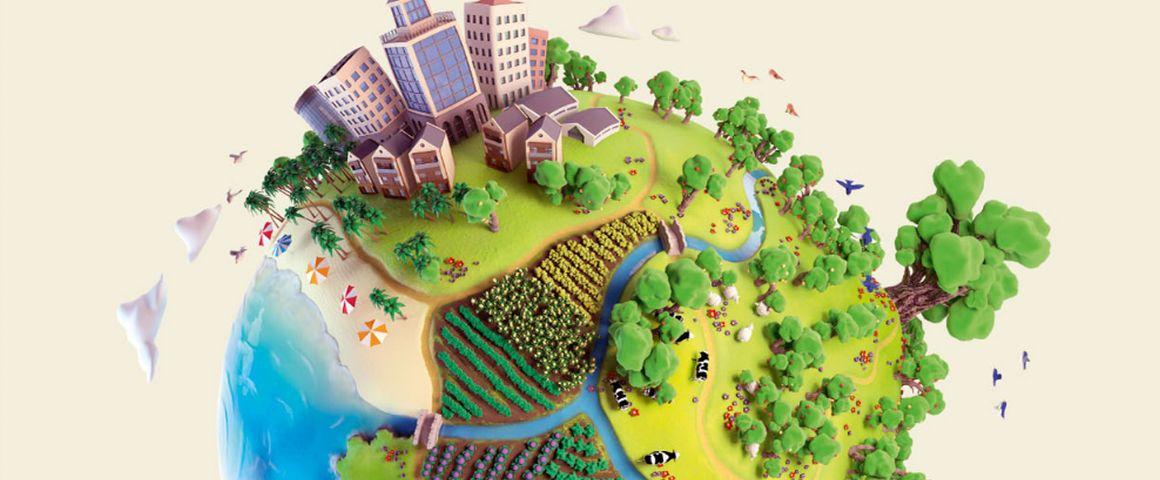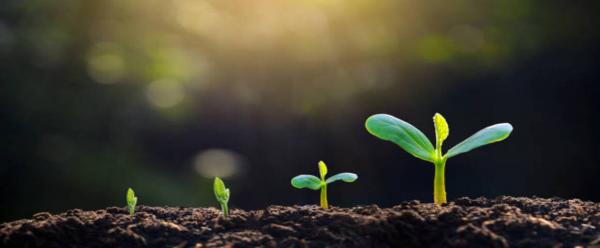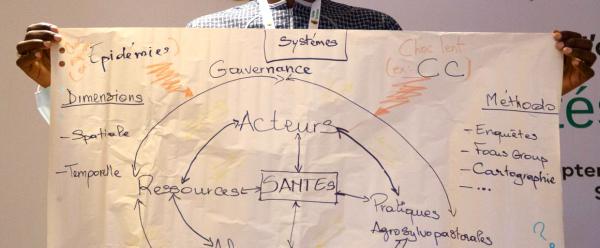Just out 3 November 2025
- Home
- CIRAD news
- News
- Dossiers d'Agropolis International No. 26
Agroecological transformation for sustainable food systems

Les Dossiers d'Agropolis International no. 26
The urgency of agroecological transformation of agrifood systems linked to SDGs will be one of the game changers discussed at the UN World Food Systems Summit this year.
Clearly the diversity of agriculture on this planet heralds the way to a variety of agroecological transition pathways (different baselines, input usage levels, socioeconomic contexts and particularly different labour costs and availability), and also a diversity in terms of means for public action (subsidy levels that could be reoriented to incentivize change, research and extension, etc.). There are also similarities in terms of understanding the biology, ecology and socioeconomics of farming agroecosystems and their functioning, and how to manage risks, including those triggered by climate change.
Lessons are also to be learned from past trajectories in the Global North and other parts of the world. Such insight could help avoid the simplification levied by conventional agricultural models, while shedding light on pitfalls to elude when considering power asymmetries and developing cooperative systems. Indeed, in some parts of the world where inorganic input usage is generally low and sometimes nonexistent—such as fertilizer use in many African countries—the priority is often focused on increasing access and usage of these inputs to boost production and productivity. Agroecological concerns are relevant, even under these conditions, and any decisions to increase such input use must strive to strike a balance between short-term productivity gains and long-term environmental health and sustainability gains. The linkage between sustainable intensification and agroecological transformation emerges here as a point of analysis.
These issues have led researchers from CGIAR and French research organizations to work together in compiling this Dossier to showcase their expertise at the disposal of policymakers, extension services, NGOs and farmers’ associations committed to promoting the agroecological transition. They must be ready to take on the responsibility of exploring new ways of conducting research based on systemic and transdisciplinary approaches, implementing inclusive participatory methods, the solution-based theory of change, fostering partnerships with national agricultural research systems, while enhancing orchestration of research efforts to converge towards sustainable food systems
I am impressed by the quality and number of contributions from researchers from French and CGIAR institutions, often working together, that make up the three sections of this issue (…) This confirms the extent to which agroecology is now the focus of attention for hundreds of researchers, State representatives, development service staff, professional agricultural organizations and associations on every continent. It also demonstrates the potential of pooling farmers' practices and scientific results for building unique, relevant knowledge and appropriate solutions, to tackle the challenges faced on all levels.
Table of contents
Part 1 - Agroecosystems
1 - Increasing the efficiency of practices in order to reduce the use of costly, scarce or environmentally damaging inputs
2 - Substituting intensive use of external inputs with ecosystem functions provided by biodiversity
3 - Redesigning the agroecosystem on the basis of a new set of ecological processes from farm and landscape
Part 2 - Food Systems
4 - Identifying and overcoming constraints within food systems for the deployment of agroecological transitions at scale, reconnecting producers and consumers
5 - Building a new global food system based on equity, participation, democracy and justice
Part 3 – Key processes, methods ans dtools for agroecology
Editorial and Scientific Board
Kwesi Atta Krah (IITA), Jean-Luc Chotte (IRD), Chantal Gascuel (INRAE), Vincent Gitz (CIFOR), Étienne Hainzelin (CIRAD), Bernard Hubert (INRAE, Agropolis International), Marcela Quinteiro (Alliance of Bioversity International and CIAT), Fergus Sinclair (ICRAF), Isabelle Amsallem (Agropolis International)



























